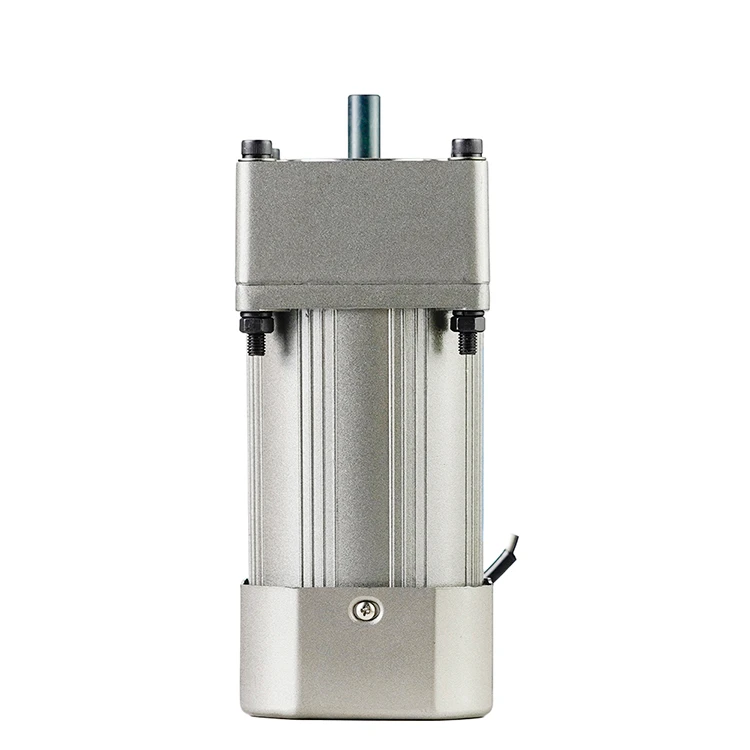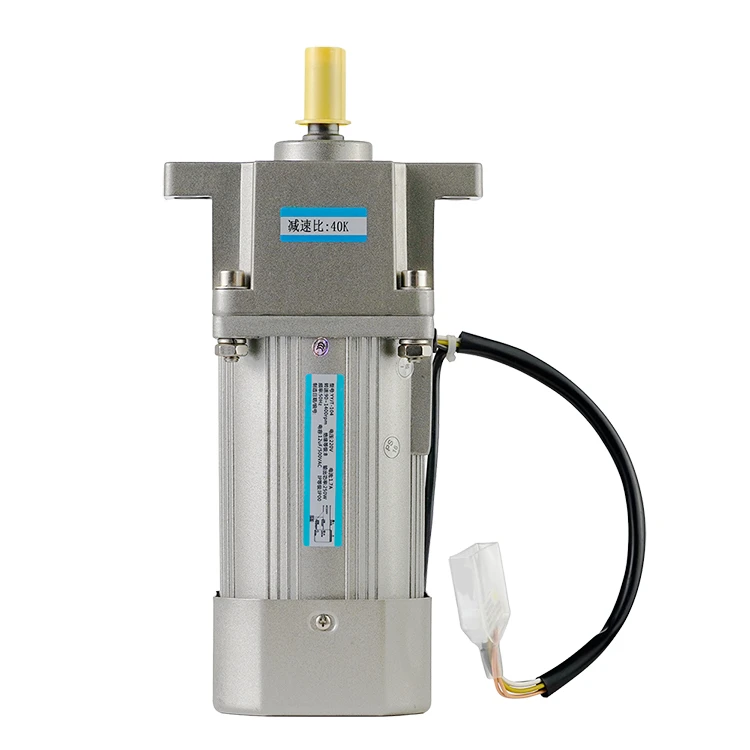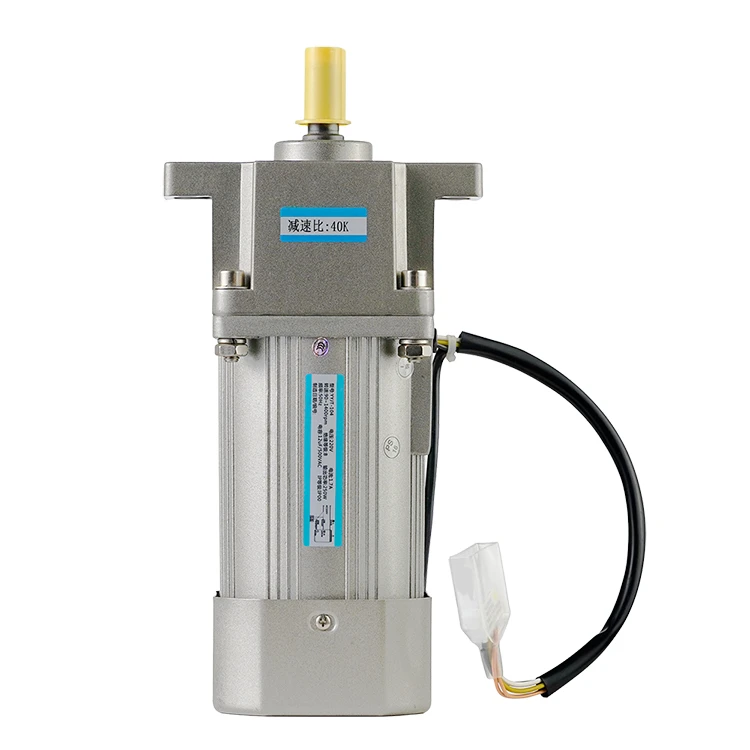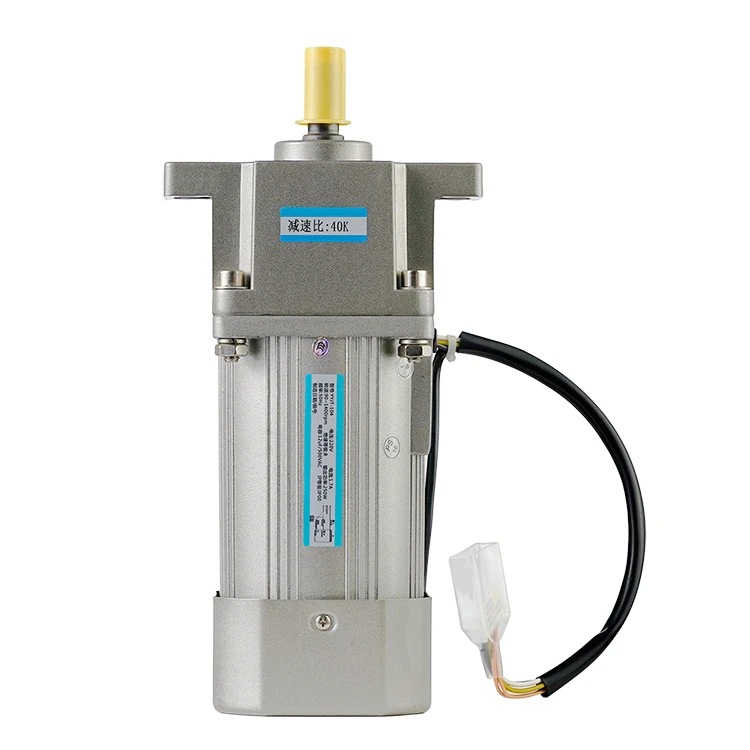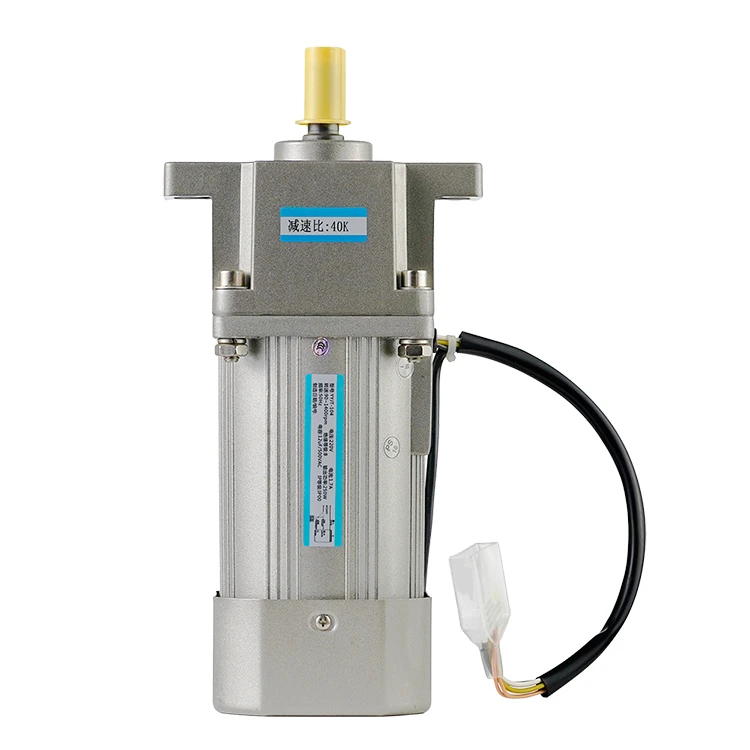Choosing the Right Motors for Your CNC Machine
2024-06-12 09:47:39
Selecting the appropriate motors for your CNC (Computer Numerical Control) machine is crucial to ensure its performance, accuracy, and reliability. CNC machines rely on precise and controlled movements to carry out various machining operations. In this article, we will guide you through the process of choosing the right motors for your CNC machine. We will discuss important factors such as motor types, torque requirements, speed capabilities, positional accuracy, and other considerations. Hope this article can help you choose the right motor for your CNC equipment.
I. Understanding CNC Machine Motor Types
Stepper Motors
Stepper motors are widely used in CNC machines due to their precise positioning capabilities. They move in discrete steps, allowing for accurate control of position and speed. Stepper motors are suitable for applications that require high positional accuracy, such as milling, engraving, and 3D printing. They offer good torque at low speeds and are relatively easy to control. However, stepper motors may exhibit limited high-speed performance and can lose steps if pushed beyond their capabilities. If you want to choose a stepper motor as the motor for your CNC machine, it is recommended to choose a closed-loop stepper motor as much as possible. This is because closed-loop stepper motors use position feedback and speed feedback to determine the phase conversion that matches the rotor position, making them more powerful in performance compared to open-loop stepper motors.
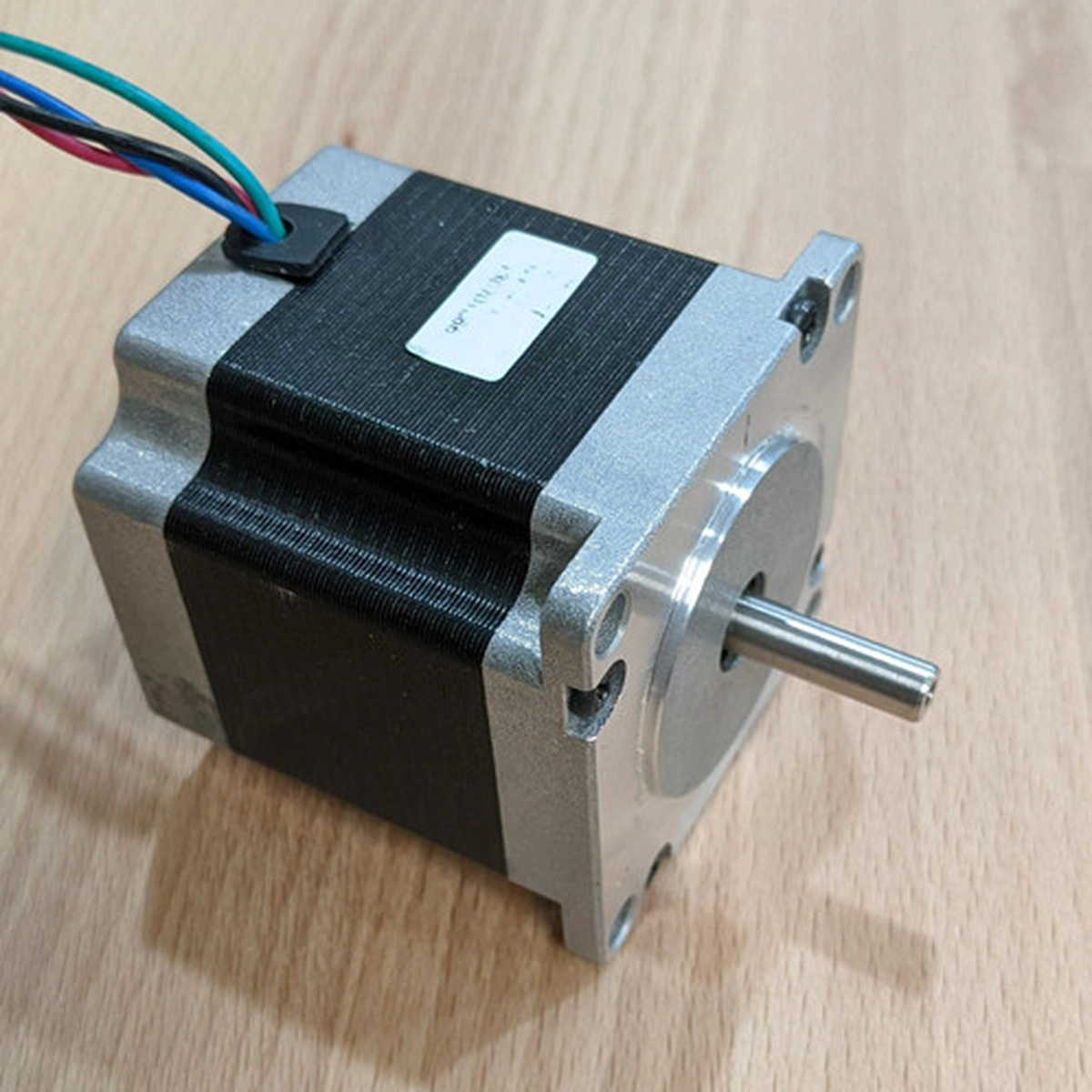
Servo Motors
Servo motors are another popular choice for CNC machines. They provide excellent speed and torque control, making them suitable for applications that require high-speed machining and dynamic response. Servo motors utilize feedback mechanisms, such as encoders, to maintain precise position control. They offer high torque at low speeds and can achieve rapid acceleration and deceleration. Servo motors are more complex to control compared to stepper motors and may require additional components, such as servo drives.
II. Determining Torque Requirements
Cutting and Spindle Torque
Consider the torque required for cutting operations in your CNC machine. The cutting torque depends on factors such as the material being machined, the tool diameter, and the desired cutting speed. Ensure that the selected motors can provide sufficient torque to handle the cutting loads without stalling or losing accuracy. Additionally, consider the torque requirements for the spindle motor responsible for driving the cutting tool.
Acceleration and Deceleration Torque
CNC machines often require rapid acceleration and deceleration for efficient machining. The motors should be able to deliver the necessary torque to achieve these quick changes in speed without sacrificing positional accuracy. Calculate the required acceleration and deceleration torques based on the machine's mass and desired acceleration rates.
III. Speed and Positional Accuracy Considerations
Maximum Speed Requirements
Evaluate the maximum speed requirements of your CNC machine. Different applications may have varying speed demands, and the motors must be capable of reaching and maintaining the desired speeds reliably. Consider the motor's speed capabilities, including its maximum rotational speed and the load it can handle at those speeds. Ensure that the selected motors can meet the required speed specifications without compromising accuracy.
Positional Accuracy and Repeatability
CNC machines rely on precise positioning to achieve accurate machining outcomes. Consider the required positional accuracy and repeatability for your application. Stepper motors provide good positional accuracy but may experience cumulative positioning errors over time. On the other hand, servo motors, with their closed-loop control systems, offer higher accuracy and better repeatability. Determine the level of precision required for your CNC machine and choose motors accordingly.
IV. Motor Sizing and Power Requirements
Motor Size and Mounting
Consider the physical size and mounting requirements of the motors for your CNC machine. Ensure that the motors fit within the available space and can be easily integrated into the machine's structure. Consider factors such as the motor's length, diameter, and shaft dimensions. Additionally, evaluate the mounting options such as flange mounting, face mounting, or other suitable methods for your specific machine design.
Power Supply and Voltage
Check the power supply available for your CNC machine. Determine the voltage and current ratings required for the motors to operate optimally. Ensure that the selectedmotors are compatible with the available power supply and that appropriate drivers or controllers are used to regulate the motor's voltage and current. Consider factors such as single-phase or three-phase power supply, and choose motors accordingly.
Cooling and Heat Dissipation
CNC machines generate heat during operation, especially during prolonged machining sessions. Evaluate the cooling and heat dissipation requirements for the motors. Consider factors such as the motor's duty cycle, ambient temperature, and the availability of cooling mechanisms in your machine design. Adequate cooling ensures that the motors operate within their temperature limits and prevents overheating.
V. Integration with CNC Controller
Motor Control Compatibility
Ensure that the selected motors are compatible with the CNC controller or motion control system you intend to use. Check the control signals and protocols supported by the motors and verify compatibility with the controller's output signals. Some motors may require specific control interfaces, such as pulse/direction or analog control. Verify that the motors can be easily integrated into your chosen control system.
Feedback and Closed-Loop Control
Consider whether your CNC machine requires closed-loop control for enhanced accuracy and performance. Closed-loop systems utilize feedback devices, such as encoders, to continuously monitor and adjust the motor's position based on the commanded positionand actual position. This feedback mechanism compensates for any errors or deviations, resulting in improved positional accuracy. If closed-loop control is necessary, ensure that the selected motors support feedback devices and can be seamlessly integrated into the closed-loop control system.
VI. Cost and Quality Considerations
Budget Constraints
Consider your budget when choosing motors for your CNC machine. Different motor types and models vary in terms of cost, with servo motors generally being more expensive than stepper motors. Assess your requirements and balance them with your budgetary constraints to find the most suitable motors that offer a good balance of performance and affordability.
Quality and Reliability
Choose motors from reputable manufacturers known for their quality and reliability. CNC machines often operate for extended periods, and reliability is crucial to avoid costly downtime and maintenance. Research the reputation of motor manufacturers, read customer reviews, and consider factors such as warranty and support services offered. Investing in high-quality motors will contribute to the long-term performance and durability of your CNC machine.
Conclusion
Choosing the right motors for your CNC machine is a critical decision that impacts its performance, accuracy, and reliability. Consider factors such as motor types, torque requirements, speed capabilities, positional accuracy, and integration with the CNC controller. Evaluate the physical dimensions, power requirements, and cooling considerations to ensure proper motor sizing and compatibility. Additionally, balance your budget constraints with the need for quality and reliability. By carefully considering these factors, you can make an informed decision and select motors that will optimize the performance of your CNC machine, enabling precise and efficient machining operations.
See What Lunyee Can Do For You
Contact Us
- 8619149417743
- +86-0371-5562 0274
- [email protected]
- Zhengzhou, Henan Province, China
- Mon-Fri: 9:00 - 18:00
